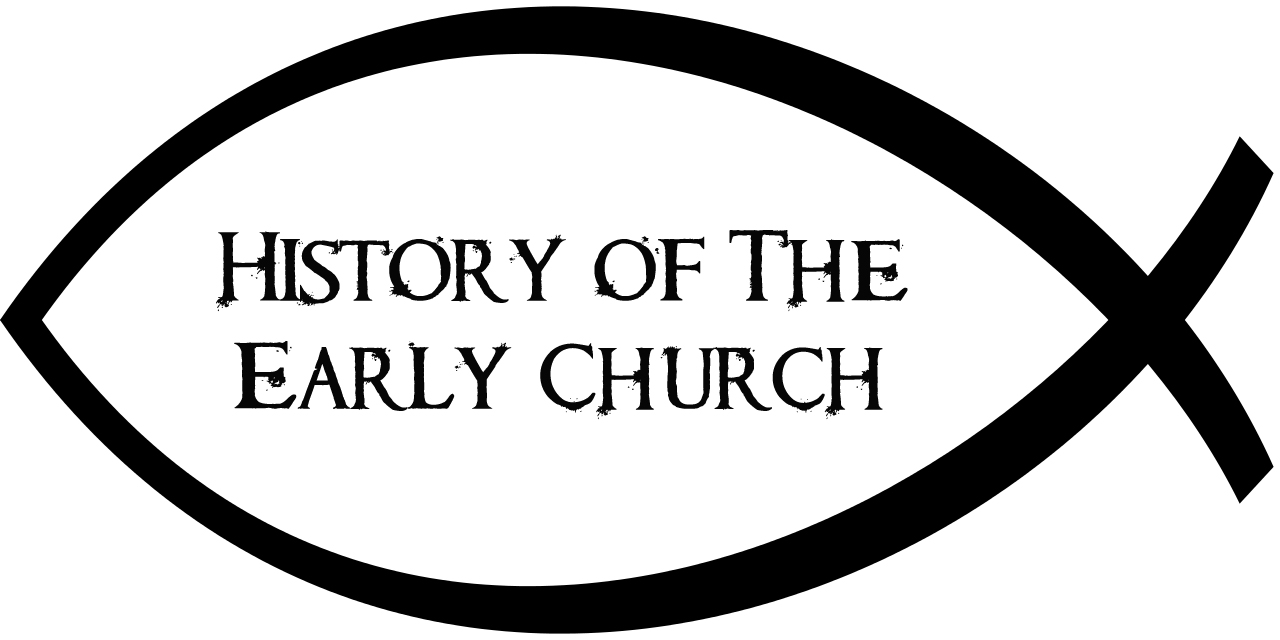Typical of most kingdom movements, this fresh new movement was started by an unlearned weaver’s son named George Fox. From reading the Bible on his own, without any theological training, he discovered the gospel of the kingdom.

With excitement and joy, Fox began enthusiastically preaching kingdom Christianity throughout England. He was so bold in his preaching that sometimes he would interrupt the sermon in the state church and begin preaching to the congregation. On one occasion after doing this, an angry mob of church-goers lynched him. When Fox survived the hanging, they clubbed him until he was unconscious. When he finally regained his consciousness, he stood up, looked at the mob and said in a loud voice, “Strike me again if you like. Here are my arms, my head, and my cheeks.” Bewildered, the crowd melted away.
George Fox made many disciples through his preaching, and they called themselves the Society of Friends. Others called them Quakers, the name by which they’re best known. Throughout England, and later in the Americas, the Quakers preached kingdom values everywhere they went. Although the church authorities whipped and imprisoned the Quakers, nothing could silence them. In the New World, the Puritans forbade any Quakers to set foot in Massachusetts, on pain of death. But the Quakers continued to witness in Massachusetts, so the Puritans hanged a number of them.
Unlike the Anabaptists and Waldensians, the Quakers emphasized the inner witness of the Spirit over the teaching of Scripture. Believing they had entered a new age of the Spirit, they erroneously taught that baptism and communion are no longer necessary. Over the centuries, their emphasis on the Inner Light of the Spirit led them to greater and greater social activism and less reliance on the Scriptures. Today, the Quakers are an extremely liberal body that focuses primarily on social activism. Only a small remnant of Quakers today hold to the Biblical kingdom gospel.

William Penn was one of the most famous Quakers. Before coming to America, he endured considerable persecution in England.
